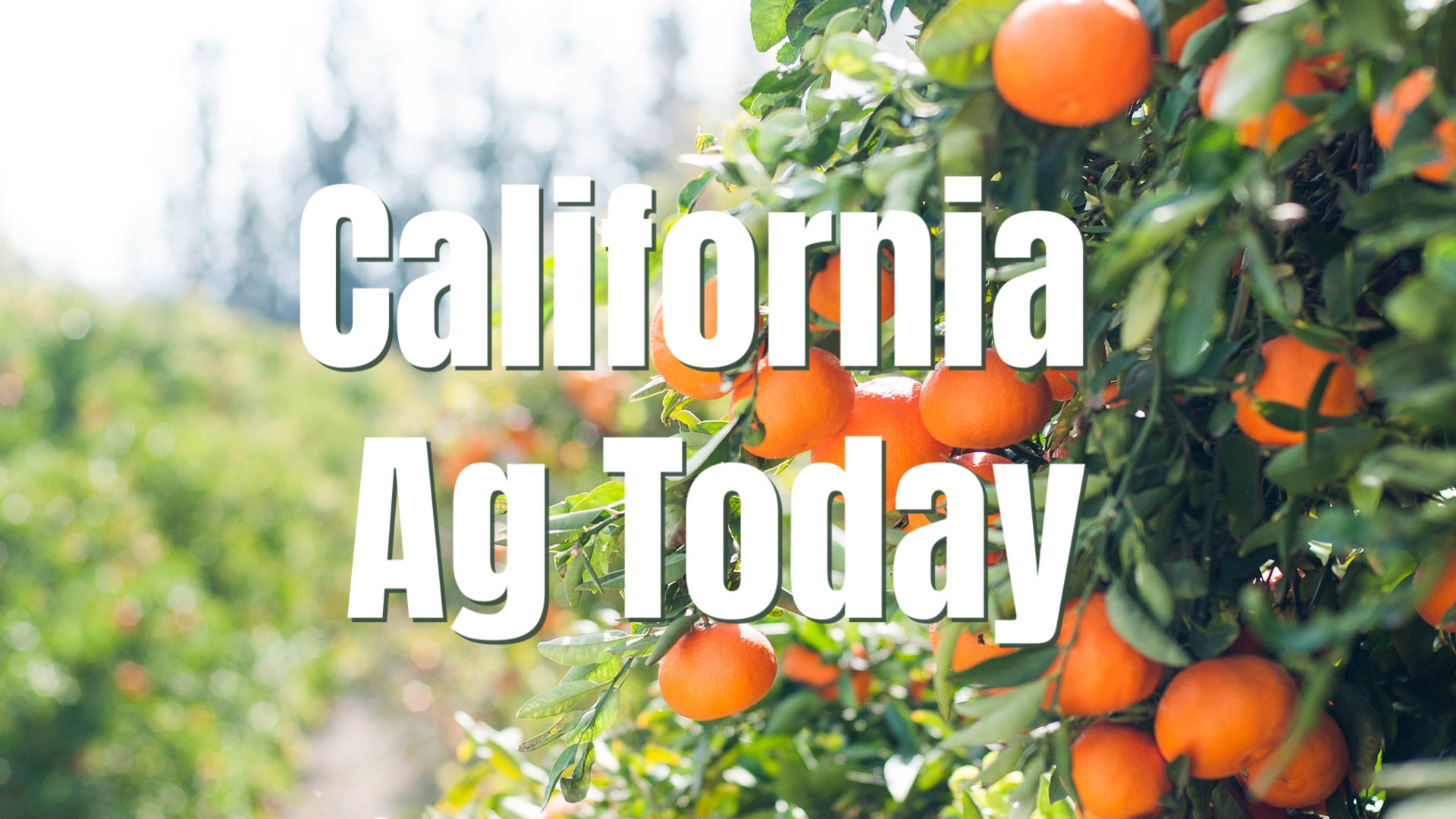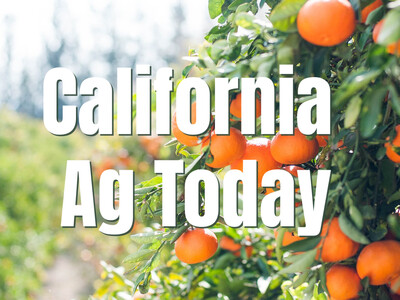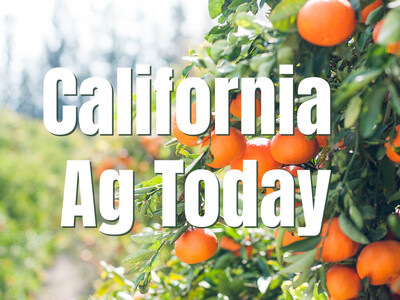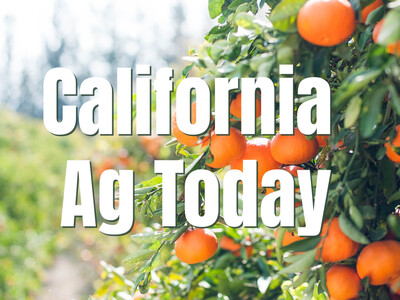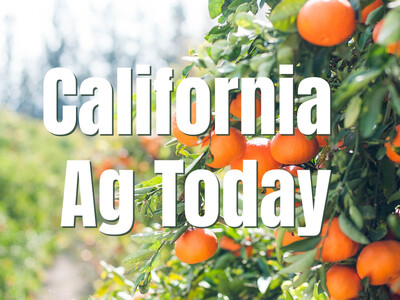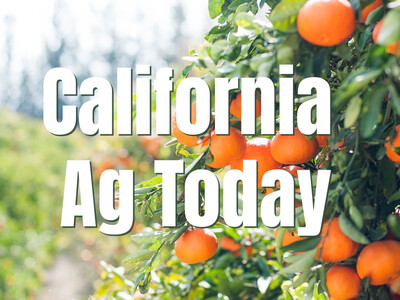Climate Impact on Water Management

Tim Hammerich
News Reporter
Unfortunately, California has had a lot of experience in dealing with drought. While that is not new to the state, what has changed are temperatures, which has a big impact on how we manage our water resources. Dr. Safeeq Khan is a water and watershed sciences extension specialist with the University of California Ag and Natural Resources.
Khan… “With a warmer climate, what is happening is actually the precipitation phase itself is shifting from snow to rain. So we're getting a lot more rain. All the precipitation is falling as rain. So what is happening is, you know, all the water is actually hitting the creek and the stream and, you know, flowing down the stream. So it's not being held, um, in any type of storage. So that's one thing that has changed, right? So our capacity to store water has shifted drastically.”
Dr. Khan adds that not only do these changing temperatures affect how much water we can capture, but it also increases the amount of water that we lose even if it is captured due to evaporation.
Khan… “Because of the warmer temperature of the atmosphere itself, you know, it's warmer, right? So the hot air can boil a lot more more water. So, the natural vegetation and evaporation from the water surfaces, be it lake, or reservoirs, whatever. All of those things are increasing.”
Tune in to tomorrow’s report for more on the current water situation.


